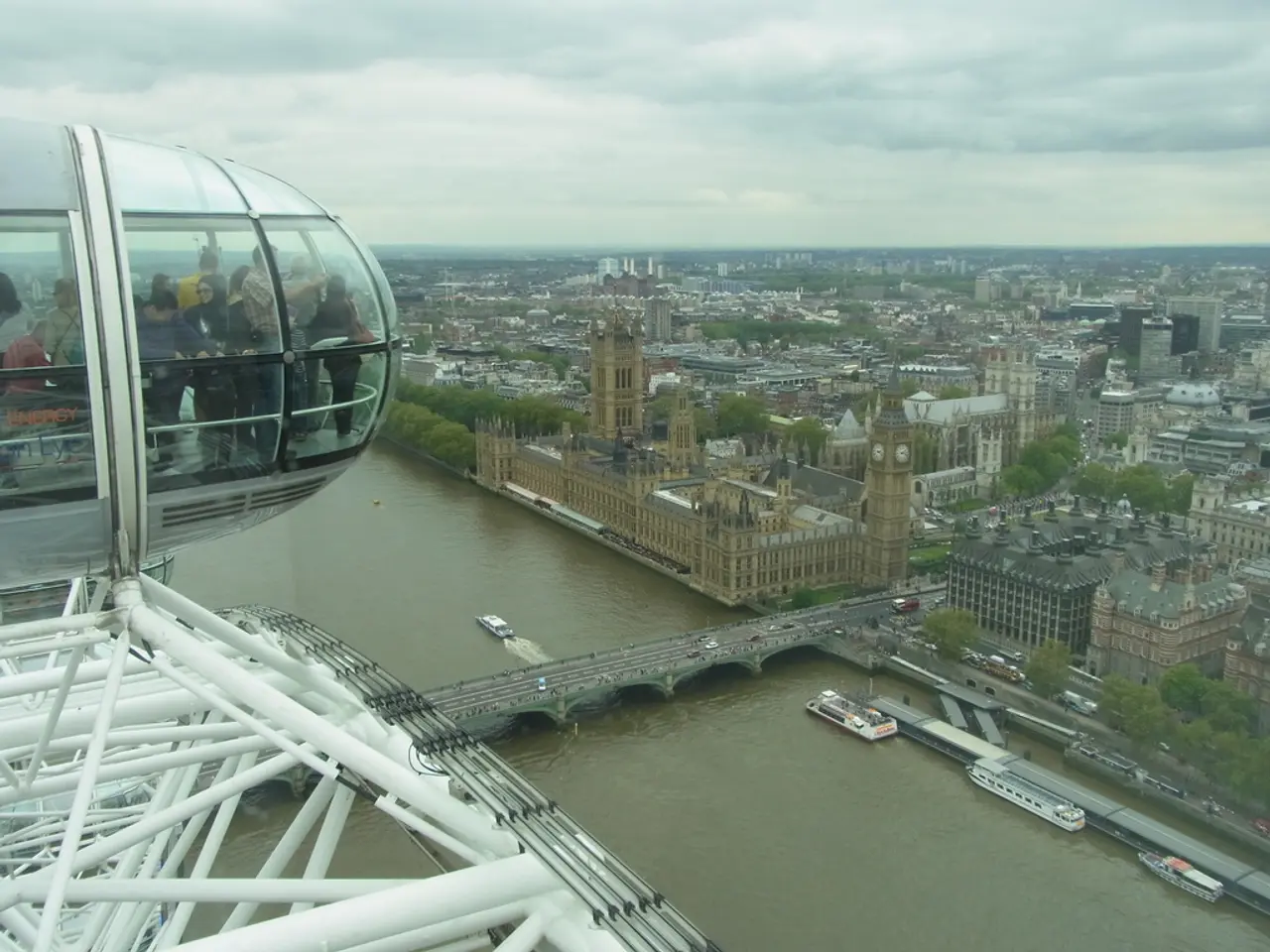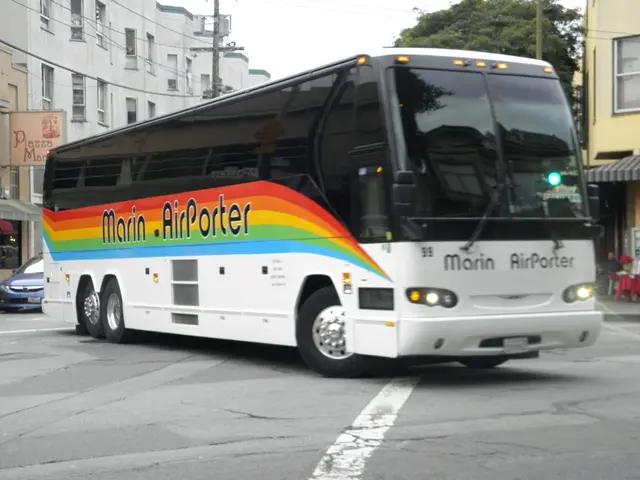Council Rate Hike: Anticipated Boost of 5.1% in Local Taxes for North and South
In a recent survey, the Chartered Institute of Public Finance and Accountancy (CIPFA) has highlighted the need for systematic reform in the public sector model, particularly in relation to council tax.
The survey suggests that councils outside London, including in the North East, often have higher council tax rates due to differences in local government funding arrangements and service demands. Households in the North East will pay £420 more for an average band D property in 2024/25 than those living in Greater London.
This disparity is attributed to several factors. Firstly, councils outside London receive different levels of central government funding, which can require them to raise more revenue locally through council tax to balance their budgets and meet service demands. Secondly, the North East has a higher proportion of councils with social care responsibilities that see increased Core Spending Power needs, leading to higher council tax levels to fund these services. Lastly, Greater London benefits from a more significant share of central government grants and specific funding mechanisms like the Greater London Authority precept, which influences overall council tax amounts.
The continuous council tax gap between London and the rest of the country further reflects the profound regional inequalities that exist. According to CIPFA, the average band D council tax in Greater London will be £1,894, while in the Northeast it will be £2,315.
The survey also indicates that, with the exception of Greater London, the band D council tax for all areas of England now exceeds £2,000. Out of 136 county and unitary local authorities in England who have so far published their budget proposals, 128 plan on raising council tax by the maximum permitted - 4.99%.
Iain Murray, director of public financial management at CIPFA, has expressed his frustration about the insufficient funds raised from a rise in council tax in some places to ensure proper maintenance of public services. Rob Whiteman, CEO of CIPFA, has commented that the rise in council tax is an example of the government's presiding over a failing funding system.
The Department for Levelling Up, Housing and Communities (DLUHC) has released new figures for the 2024/25 council tax in England. The council tax requirement for 2024/25 in England will be £41.2bn, with £609m of this requirement being raised through the adult social care precept flexibility and £783m gathered from parish precepts.
However, the survey conducted by CIPFA does not discuss the impact of increased council tax on the sale of holiday rentals or address the issue of second homes being charged extra council tax in Sandwell.
The survey raises questions about the role of local government, what public services should provide, and how they should be funded. As the council tax requirement for 2024/25 will see an average band D council tax set by councils in England increase by £106 (5.1%) compared to the previous financial year, these questions are more pertinent than ever.
[1] Source: Chartered Institute of Public Finance and Accountancy (CIPFA) [2] Source: County Councils Network (CNN)
- The Chartered Institute of Public Finance and Accountancy (CIPFA) and the County Councils Network (CNN) have highlighted the need for reform in the public sector model, particularly in relation to council tax, as the continuous council tax gap between London and the rest of the country reflects profound regional inequalities.
- The survey by CIPFA indicates that, with the exception of Greater London, the band D council tax for all areas of England now exceeds £2,000, exemplifying the government's presiding over a failing funding system, as expressed by Rob Whiteman, CEO of CIPFA.
- Despite the rise in council tax, the survey conducted by CIPFA does not discuss the impact of increased council tax on the sale of holiday rentals or address the issue of second homes being charged extra council tax in Sandwell, suggesting a need for more comprehensive discussions on the role of local government and the funding of public services.




